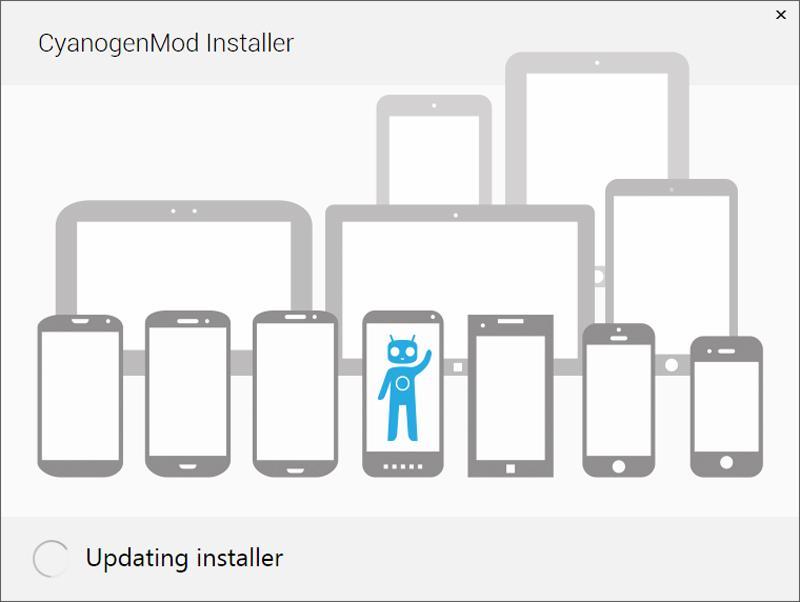
CyanogenMod is one of the most widely-used custom ROMs in the Android world, running on millions of devices and more different pieces of hardware than you can shake a little green robot at. Today the team behind CyanogenMod announced that it wants to be something more, though, revealing that it's now a full-fledged company going by the name Cyanogen Inc. with aspirations to become the third major mobile operating system on the market.
In a post on the official CyanogenMod blog, founder Steve Kondik made the news official and laid out all of the events that led to this. After partnering up with Boost Mobile co-founder Kirt McMaster, who serves as the CEO of Cyanogen Inc., Kondik secured $7 million in funding from Benchmark Capital and Redpoint Ventures in April 2013 and proceeded to round up a team of 17 developers split between Palo Alto, Calif., and Seattle, Wash.
Cyanogen Inc. isn't quite ready to talk specifics about its future plans right now, but it has shed some light on some of the broader things that it hopes to accomplish soon. Included in that list is a name change to something a bit more consumer-friendly. The company also plans to release a one-click installer tool to make it easier for the not-so-tech-savvy crowd to use CyanogenMod, which is expected to be released to the Google Play Store in the coming weeks. Finally, the group has teased that it's working with a hardware manufacturer on a project that'll be announced soon.
As for the OS itself, Cyanogen Inc. intends to stick with Android, but will tweak the OS in a way that helps user to get things done rather than focus on making money. Security is a major focus for the team, as is providing users with constant updates and not bombarding them with any software that they don't want.
While there are still quite a few questions regarding Cyanogen Inc. and its plans that are still unanswered, today's news is still big for Android and mobile in general. As I said before, millions of people already use CyanogenMod, and word of mouth from those users along with a simple one-click install process could help that user base grow. Two things that'll be interesting to keep an eye on are Cyanogen Inc.'s hardware plans, including the identity of the OEM that it's partnering with, and how Google responds to Cyanogen Inc. and its custom ROM work. Have you ever used CyanogenMod on one of your Android devices?